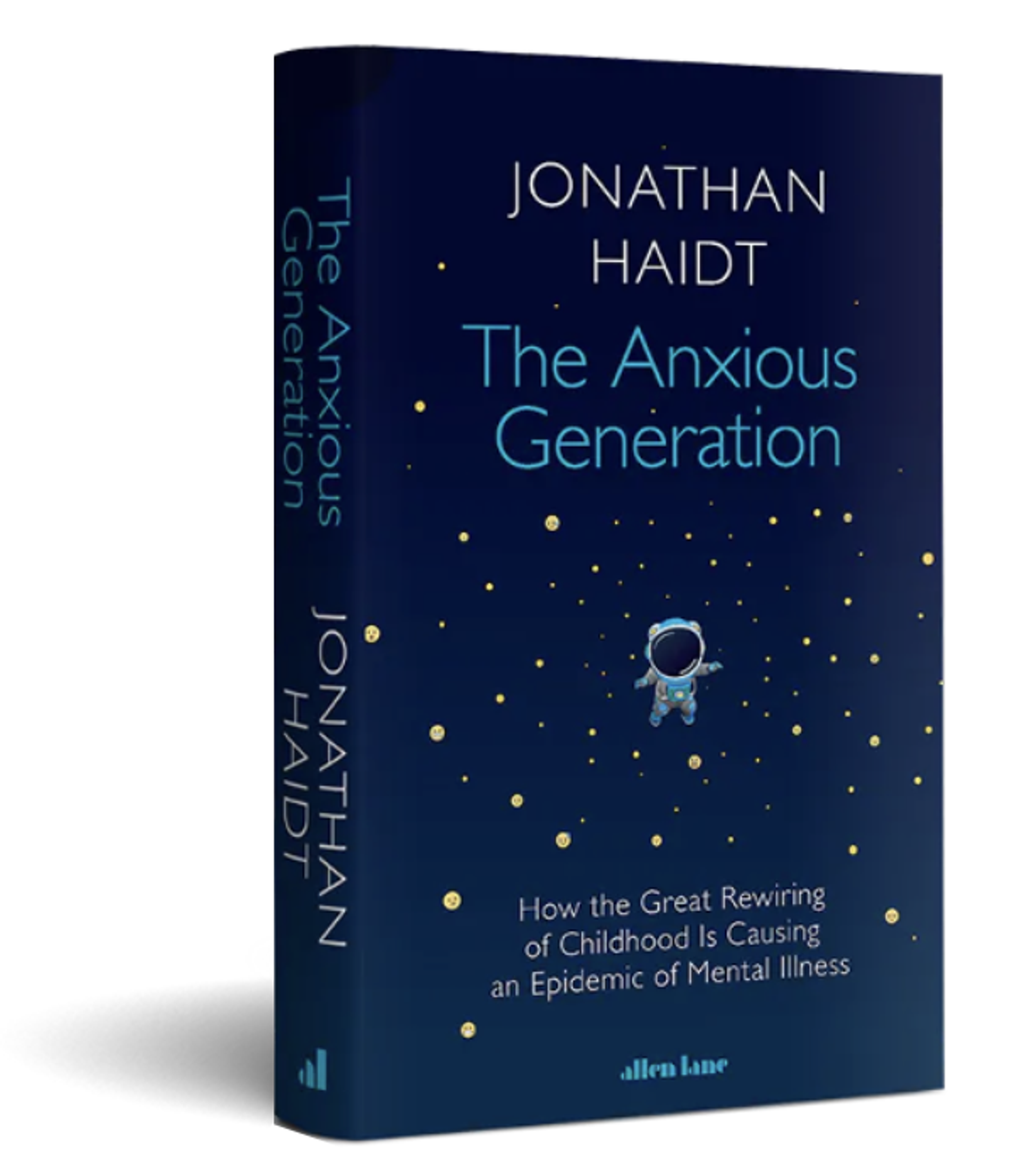Introduction - Growing Up on Mars

Winter Book Club
Introduction - Growing Up on Mars
A fascinating way to start the book. I decided to pose the opening scenario, about sending a 10-year-old child to Mars, to an upper primary class because I wondered how they would respond. I had expected the majority would argue strongly that the risks were too great.
Instead, the majority argued that they would not want their child to miss out on such an incredible experience. They would make sure they understood the risk but would not stand in their way. They wanted their child to have a choice in the matter. For those that did, more tentatively, decide that they would not let their child go, it was because they would love them too much to expose them to that level of risk.
Coincidentally, the class had been discussing the meaning of knowledge, wisdom and ignorance as part of a Christian Studies lesson. We went on to discuss whether a 10-year-old could be aware of the risks and have the wisdom to appreciate their significance. My sample class argued passionately that a child would both understand and be able to evaluate the potential consequences, that they could have both knowledge and wisdom. When asked if they would go, most argued that they wouldn’t – because of the risks.
Children and young people want a sense of agency. They want to have space to make choices and to have some control. It is healthy for young people to be given some autonomy – with boundaries. One of the main arguments of Haidt’s book will be that as adults, we have created an environment in which our children are exposed to significant risk of harm from the online world at a stage in their development when their brains, their character and their perception of the world is most malleable. Their view of what is ‘normal’ is being shaped by forces that are often invisible to their families.
One of the things that has concerned me of late is the frequency with which young people in many different contexts may make a ‘joke’ that has racist or sexist undertones. More concerning is when it is explicitly racist or sexist. I am of the firm opinion that children are repeating what they have heard and I don’t think they have heard these things from home.
I am looking forward to reading together through the book. I invite parents and staff to contribute their reflections or questions to the private Facebook group. Parenting is incredibly complex and often it can feel as though we are alone in our challenges. Instead, we want to create a context in which parents can know there are others who are trying their best to raise young people in an ever-changing world.
Jodie Bennett
Principal
